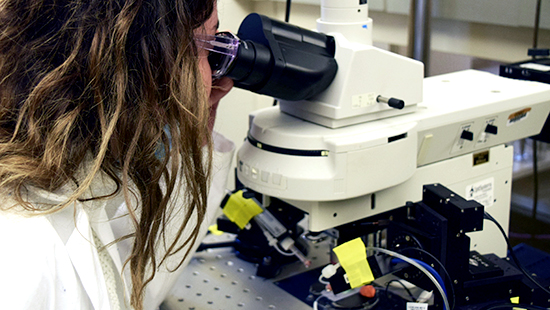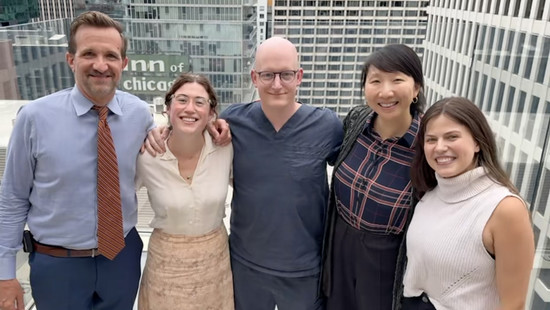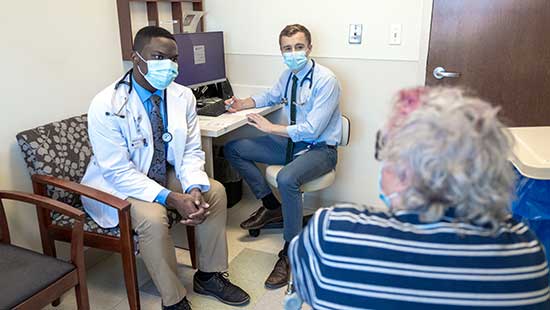Exceptional education, innovative research.
Watch a message from our chairGuided by our patients-first credo, the Department of Psychiatry & Behavioral Sciences at the Northwestern University Feinberg School of Medicine is committed to compassionate patient care, exceptional education and advancements in mental health research.
What We Do

Education
Our faculty are training the future leaders of behavioral sciences through residency, fellowship and degree programs.

Research
Featuring nationally recognized initiatives, our research investigates underlying mechanisms of psychiatric disorders, innovations in treatment and barriers to services.
Clinical Trials

Making Breakthroughs Possible, One Participant at a Time
A clinical trial is a research study that examines the effectiveness of new medical approaches in diagnosing, preventing, and treating diseases. Participants in our clinical trials contribute to vital medical research while receiving close monitoring and care from our experienced team of psychiatrists and research coordinators.
At Northwestern Psychiatry, we are dedicated to advancing medical care through innovative clinical trials. We offer a variety of research studies designed to test new treatments, medications, and devices for a range of conditions.

Current Studies
- Depression (treatment-resistant, unspecified)
- Psychotic disorders
- Schizophrenia (childhood, paranoid)
- Bipolar disorder
- Tardive Dyskinesia (Involuntary movements)
Why participate in a clinical trial?
- Help Shape the Future of Medicine: Your participation directly contributes to groundbreaking discoveries that improve lives.
- Access Potential New Treatments: Be among the first to receive promising therapies not yet widely available.
- Receive Expert Care: Our dedicated research team will closely monitor your health throughout the trial.
- No Cost to You: All participants are compensated for their time and participation.
Our Divisions

Our divisions and associated faculty provide specialized training, research and patient care across the many areas within our comprehensive field. Our faculty members are committed to helping students and trainees develop specialized professional skills, while serving diverse patient populations at our affiliated care sites and hospitals.
Faculty Spotlight
Health Equity
Our vision is to make Northwestern, our communities, all communities, our lives and the world a better place — with everyone having the chance and responsibility for reaching their own pinnacle of health.










